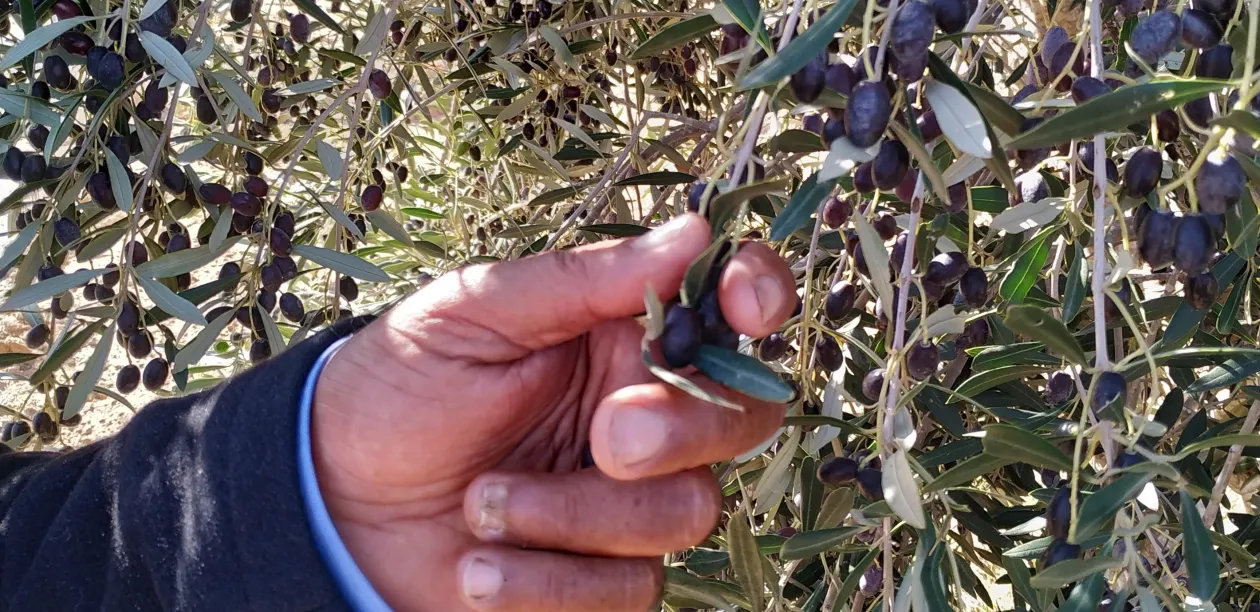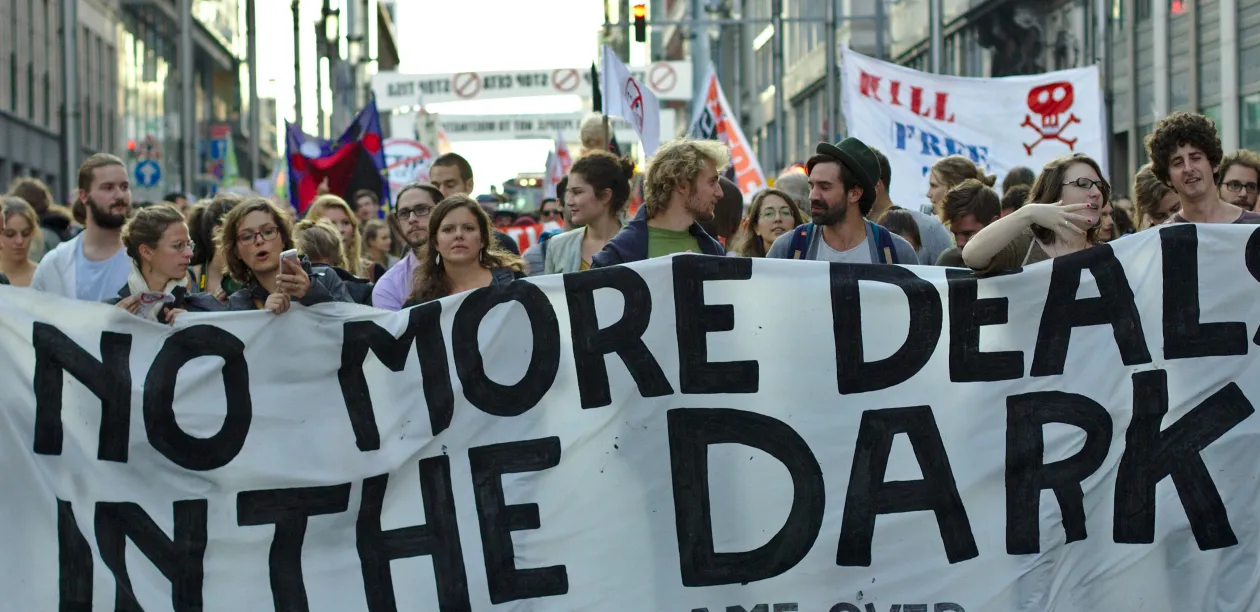Monsanto-Bayer merger won’t hide corporate horrors
The colossus which will arise from a merger between pharmaceutical giant Bayer and agrochemical and seeds giant Monsanto must not divert attention from the true nature of Monsanto’s food crimes.
Monsanto as a corporation has deservedly gained huge public contempt over the past few decades. The model of industrial agriculture and food production it promotes - through its seeds and agrochemical business - leads to poverty and injustice worldwide.
Mergers aside, Monsanto will face tough legal scrutiny in an international civil society Monsanto Tribunal in October. Restrictions on use of one of its core products – glyphosate (Roundup) – are also growing globally. And lastly, the trade deals - including TTIP and CETA - it is desperate to see completed so it can sell its products with no restrictions, are foundering.
The upcoming Monsanto Tribunal is a unique initiative which War on Want supports. Through the use of established legal processes, it aims to hold Monsanto accountable for human rights violations, for crimes against humanity, and for ecocide. Top judges and lawyers are involved and the outcomes will include a ruling against Monsanto by a bench of real judges and a contribution to the establishment of international mechanisms to bring justice to victims of multinationals. Key issues will be how, as the world’s largest seed company and controlling more than one-quarter (27%) of the commercial seed market, Monsanto’s dominance threatens farmer livelihood and biodiversity.
Monsanto has developed some of the most toxic products used in industrial agriculture and even in our gardens. These are responsible for harm to the environment and wildlife and cause illness or death for thousands of people. Glyphosate - the most widely used herbicide in the world - is used with Monsanto’s genetically modified (GM) RoundUp Ready crops (including soy, corn and rape) in large-scale monocultures to produce mostly animal feed and biofuels. As a result, herbicide use overall globally has increased by 75% in last 25 years leading to resistance problems and massive environmental harm. Glyphosate has been ‘deemed ‘probably carcinogenic’ in a World Health Organisation study.
The merger between Bayer – the pharmaceutical giant - and Monsanto will be bad – further concentration in corporate power is rarely a good thing – but they are already too powerful. We need to support governments, campaigners and farmers resisting the power of these agrochemical and seed giants. Governments including France, the Netherlands and very recently Italy, are introducing restrictions on the use of glyphosate.
CETA – the Canada EU trade deal (much like TTIP) presents Monsanto-Bayer with big opportunities yet this is not looking the done deal it was six months ago. A report we co-published recently highlights the huge differences in food safety rules between the EU and Canada. Big business like Monsanto wants to level standards and regulation down to the lowest common denominator. This includes on pesticides use and residues in food and use of genetic modified products (Canada has approved GM apples and Salmon). We are calling on MEPs to stop CETA now.
Does Monsanto care about these threats? Probably not. Such is its power to lobby, and its size and overconfidence as a company that it will feel invincible. It may also believe the merger with Bayer will help dilute the attention. But it is likely that the attacks will keep on growing. Taking control of the food system is what food sovereignty is all about and that means demanding strong pesticide regulation and supporting initiatives against such agrochemical and seed giants like Monsanto.
We must stop toxic deals like CETA which will give corporations greater dominance to help to ensure countries can protect their food systems to ensure food rights and rural livelihoods.






